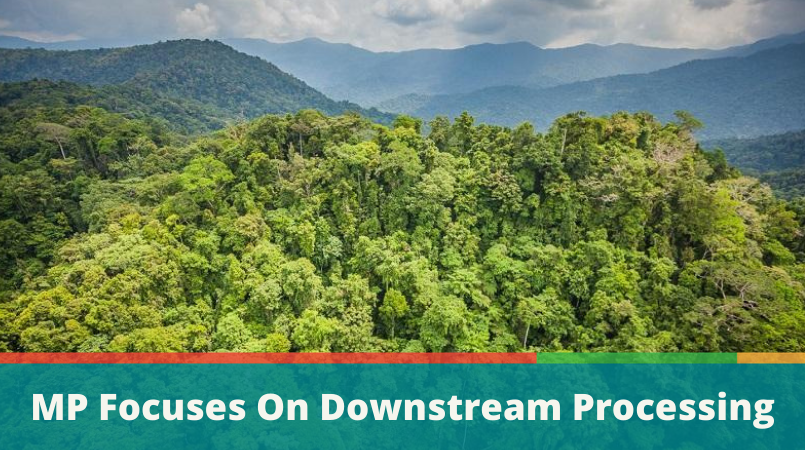
Minister for Forest, Walter Schnaubelt is focused on increasing downstream processing of logs in the forest sector with alternatives to clear-fell logging towards the Government Policy of ban on export logs by 2030.
Given the majority of land and forest, the Minister wants to see more awareness to landowners, so they can participate meaningfully to maximise their benefits.
“Any partnership going forward must include our people. Most times decisions in the development of the forest sector do not involve the landowners,” Minister Schnaubelt said.
In a recent visit to Dami Forestry Station in West New Britain Province, Minister Schnaubelt announced that the National Forest Service would enforce tougher measures in monitoring to ensure an increase of another 20 per cent downstream processing of logs.
He said there is a 30 per cent ban on log exports or 30 per cent of logs are downstream-processed into various timber products with 70 per cent allowed out as log exports.
“With the increase of a further 20 per cent on downstream processing, approximately 5 per cent per annum for the next four years, we are working towards 50 per cent downstream processing by 2025,” Minister Schnaubelt said.
He said the target of complete ban of log export by 2030 – which is a 100 per cent downstream processing of all logs is a challenging task that needs to take into consideration market access, development and expansion especially access of timber products - to ensure sustained returns on forest resources as well as value-adding on PNG's exports through timber products.
“We must commence now and increase downstream processing targets if we are to achieve this target date," he said, adding that increasing downstream processing, re-afforestation and plantation timber programs will also see job opportunities increase.
Minister Schnaubelt said the government will soon be making some big announcements in the forest sector on downstream processing and carbon trade.
"We need to get our people employed through these developments in the forest sector. I want to explore exporting opportunities to other nations rather than the status quo of exporting to just one or two countries at present. This is important for market opportunities for our tropical timber products," he said.
"We need to take charge of our State Purchase Option cargo, whereby under the agreement the timber company gives 25 percent annual quota of round log export through the National Forest Service.
"We need to independently test the market. It's best that we check ourselves in the PNG Forest Authority because then we will have the reference point to carry out these checks,” he added.
